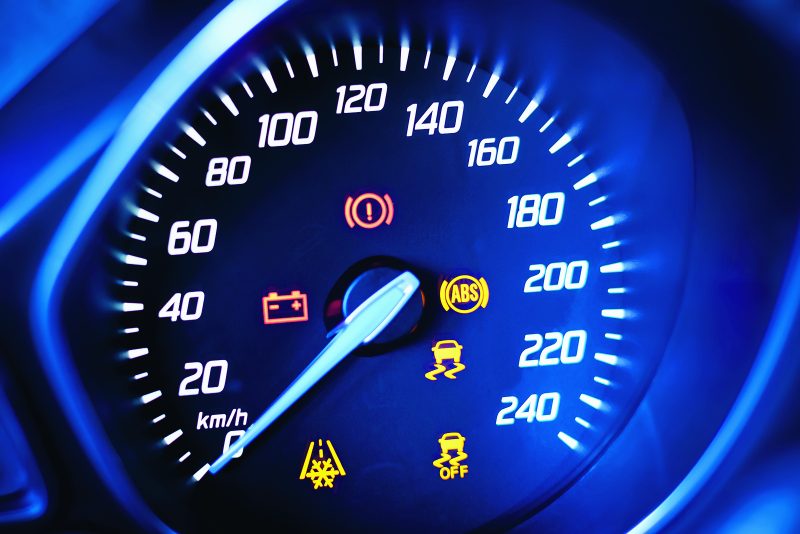April is Car Care Month, and as your thoughts turn to summer adventures and road trips, it’s important to make sure your vehicle is safe to drive. Here are a few signs that your car could use a tune-up.
3. You notice strange smells
If you notice an unusual odor, it may mean there’s a problem with your car. An unpleasant smell can indicate there’s an issue with your exhaust system, electrical components, tires, or brakes. All these problems require immediate attention from a mechanic.
4. You see or smell smoke
Smoke coming from your engine or exhaust pipe could be a sign that your radiator is overheating or that you have a problem with your head gasket. These are urgent issues that could ruin your engine.
If you want to be safe on the road, give your car the care and attention it needs. An automotive professional can help you maintain your vehicle and make repairs before they become major problems.
Driving with a depleted gas tank is risky. In addition to the possibility you’ll get stranded on the side of the road, you could potentially damage your vehicle. Here’s what you should know about driving on empty.
How far can you go on an empty tank?
Your dashboard warning light will illuminate when two to three gallons of gasoline remain in the tank. How far you can travel depends on the type of vehicle you drive, road conditions, whether you’re driving uphill or downhill, and if you’re cruising in town or on the highway.
After a long, cold winter, you should inspect your vehicle and make sure it’s in good condition. Here are seven things to check.
1. Tires
Before installing your summer tires, assess the tread depth. If it’s less than 6/32 inches, invest in a new set. Once your summer tires are installed, inflate them according to the manufacturer’s recommendations. Additionally, inspect your winter tires before storing them. If the wear is uneven, visit a mechanic for an alignment check.
2. Fluids
Depending on when your car was last serviced and the number of miles you drove over the winter, you may need to change the oil. Additionally, top up the coolant, brake fluid, and windshield washer fluids.
3. Filters
Determine if the engine or cabin air filter is clogged with dirt. If so, clean or replace them.
4. Air conditioning
Don’t wait until there’s a heatwave to ensure your air conditioning system is working.
5. Windshield wipers
If applicable, swap your winter wiper blades for summer ones. Additionally, if your windshield wipers are cracked and worn, invest in a new set.
6. Bodywork
After thoroughly washing your vehicle, check for rust. If you notice any corrosion, repair it immediately.
7. Cabin and trunk
Clean the interior of your car, and make sure to organize your emergency kit, put away seasonal items and replace anything that’s outdated in your first aid kit.
Additionally, it’s a good idea to schedule a full inspection with your mechanic to ensure your car didn’t suffer any damage over the winter.
Share the News:
This content was originally published here.

